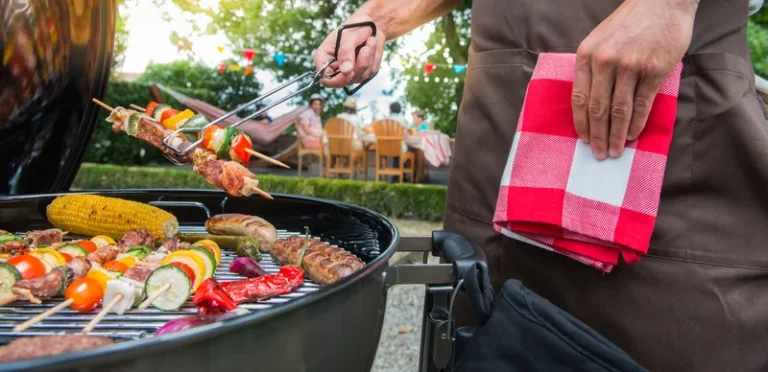
Glutamate receptor rebound also appears to contribute to the withdrawal symptoms described above. The longer and harder a person has drunk alcohol–the more severe the withdrawal will be. At Ria, we offer weekly meetings with certified counselors to help members stay on track and build skills for long-term change. Generally, light to moderate drinkers should plan to taper for a week or more. Plus, we’re always introducing new features to optimize your in-app experience. We recently launched our in-app chatbot, Melody, powered by the world’s most powerful AI technology.

How to Wean Off Alcohol & Safely Taper Drinking

Going “cold turkey” means abruptly stopping drinking entirely, leading to uncomfortable withdrawal effects. The intensity of the withdrawal symptoms depends on the severity of the alcoholism. It is sometimes possible to taper your alcohol use at home if your AUD isn’t severe. Although, you’ll need support if you want to successfully and safely taper at home. Our state-specific resource guides offer a comprehensive overview of drug and alcohol addiction treatment options available in your area. Stopping alcohol use is the first step of the recovery journey, but staying sober for longer and longer periods is the goal.
Mental and Physical Impacts of Weaning off Alcohol
This can cause seizures and delirium tremens, a severe form of withdrawal marked by tremors and hallucinations. If you taper off alcohol slowly or with medical supervision, the brain has time to adapt without causing severe side effects. The main downside of cold turkey is how unpleasant and risky it can be.
How Alcohol Addiction Is Like an Abusive Relationship
A popular way to taper off alcohol is to gradually reduce the number of drinks you consume over a period of time. For example, if you normally drink 6 glasses of wine each night, you can try reducing that to 5 glasses of wine a night. After several days of 5 glasses of wine, you can reduce that down to 4. Eventually, after a period of time, you will have tapered down to zero drinks. If you’re interested in medication-assisted treatment, medication how to wean off beer to curb cravings can be a helpful tool for reducing your consumption. Before beginning a tapering schedule, speak with your doctor about the risks of detoxing at home.
Strategies for Weaning off Alcohol
- In January 2020, more than 6 million people reportedly participated in Dry January, a campaign to reduce alcohol consumption organized by Alcohol Change UK.
- Alcohol is a central nervous system depressant that affects your brain.
- When an individual has developed a substance use disorder or dependence on alcohol, stopping its use outright can seem virtually impossible.
- Substitution involves replacing alcoholic beverages with non-alcoholic ones.
Replacing alcoholic beverages with non-alcohol drinks is a great method of helping during a taper. By substituting alcoholic drinks for non-alcoholic drinks, you can still engage in most of your habit without getting the alcohol that makes it addictive. This can taper you off alcohol while still helping you keep up with your normal drinking routine, making the process easier.
How to Wean Off Alcohol: Tapering Safely and on Schedule

For this reason, experts advise that alcohol cessation be monitored safely with steady effort between oneself and a physician. Over time, this can help you slow down and make more intentional choices about how much you’re drinking. You can read all about mindful drinking in this article by a licensed therapist at Monument. Early symptoms of alcohol withdrawal usually start about six hours after the last drink.
- Delirium tremens (DTs) is a serious condition that some people struggling with alcohol withdrawal go through.
- Going outside and walking can do wonders if you are having a particularly rough time.
- The most common research technique among those surveyed is an internet search (61%), followed by asking a doctor or medical professional (55%).
This lessens the severity of withdrawal symptoms, as there is not an abrupt or dramatic change. Tapering will normally create less severe alcohol withdrawal symptoms but will spread them out over a prolonged period. Essentially, tapering provides less intense withdrawal symptoms but over a longer amount of time.
Instead of quitting alcohol cold turkey, you can steadily reduce your consumption so that your body has time to gradually readjust to absence of alcohol. It’s important to note that stopping drinking can be dangerous and even life-threatening. It’s vital to speak with a medical professional before you begin weaning off alcohol to ensure you have a plan to do so safely. Little data is available about the safety and effectiveness of alcohol tapers. In contrast, robust evidence supports quitting alcohol while under medical supervision. If you struggle with drinking, the safest way to quit is under a doctor’s care.


Be the first to post a comment.